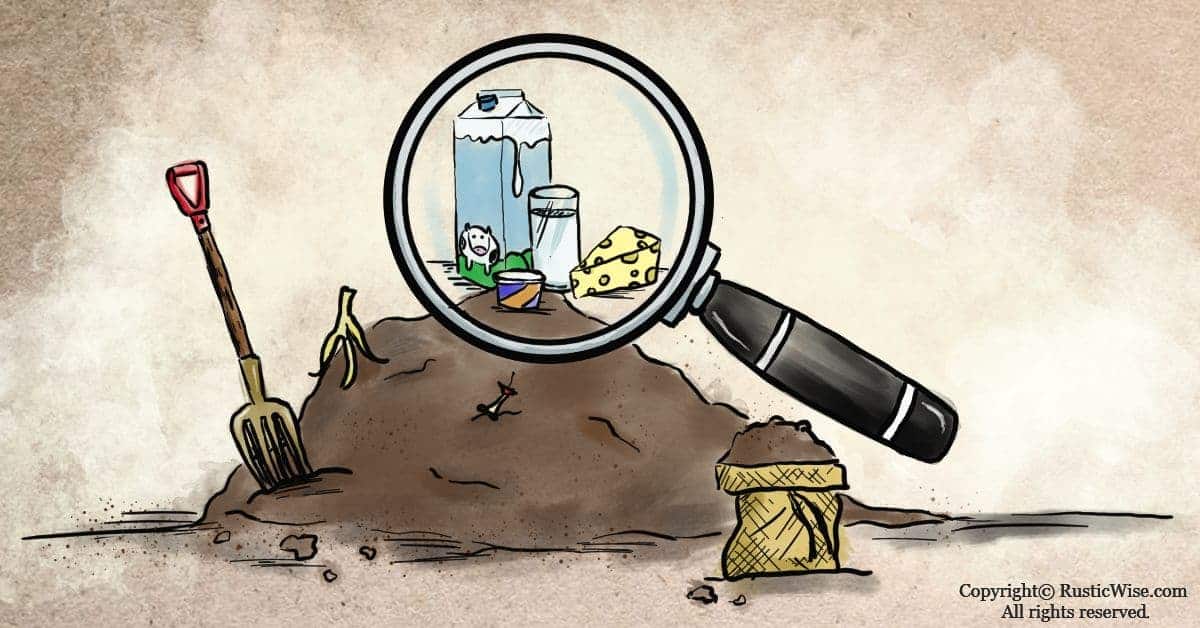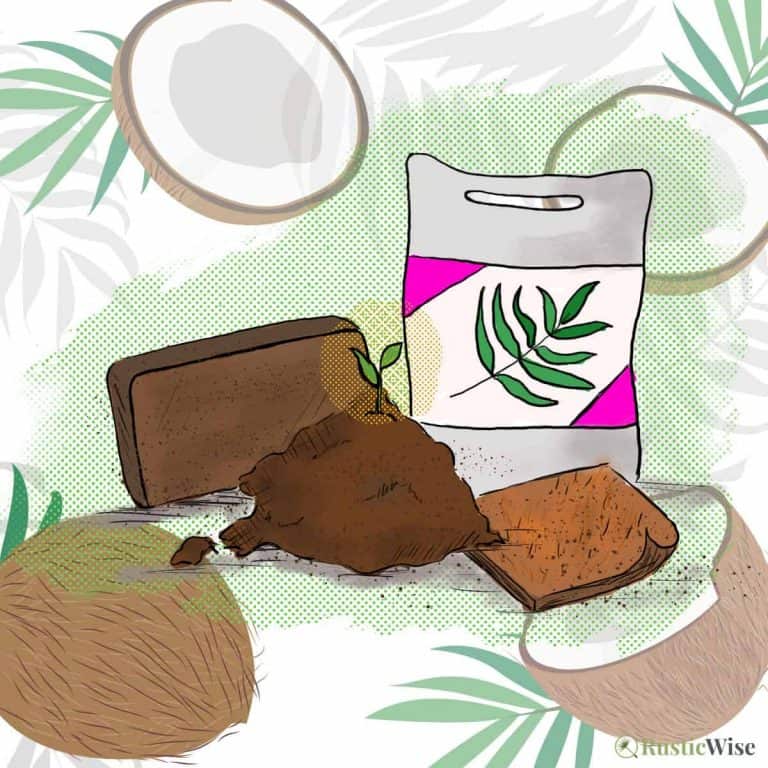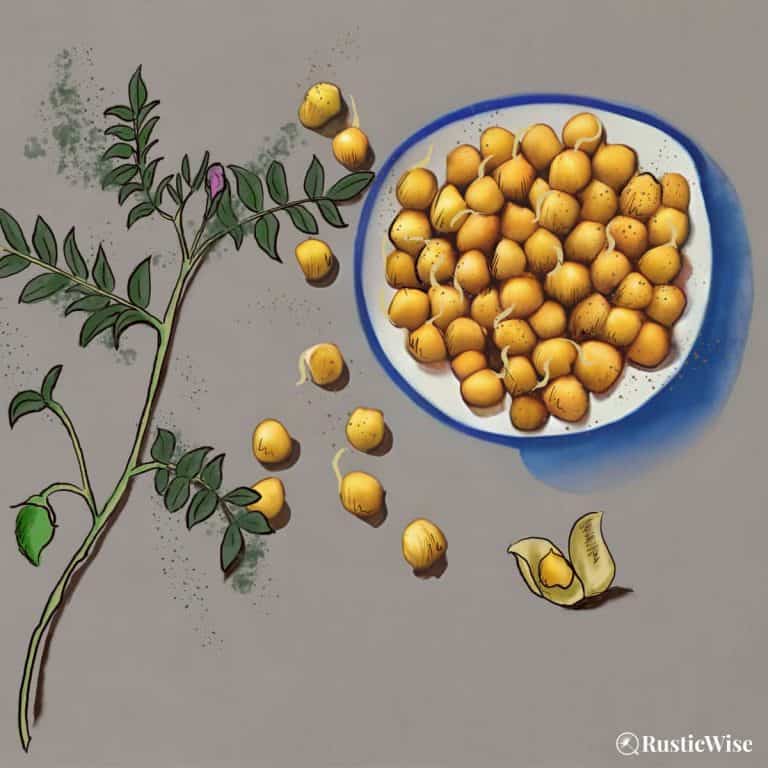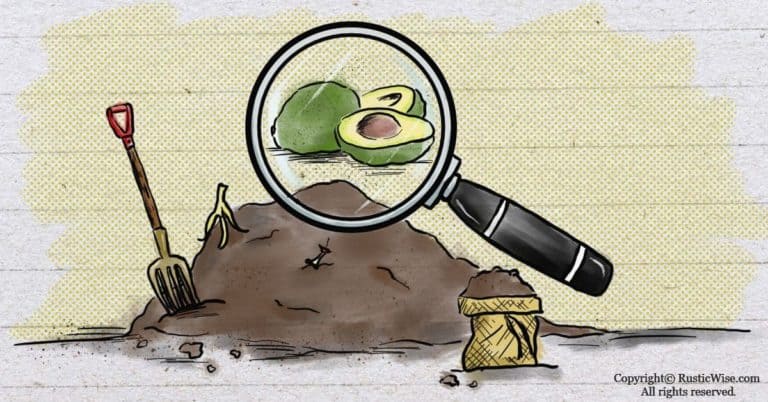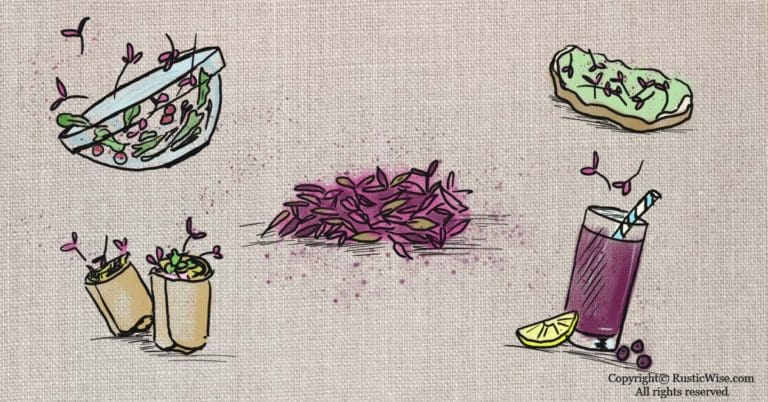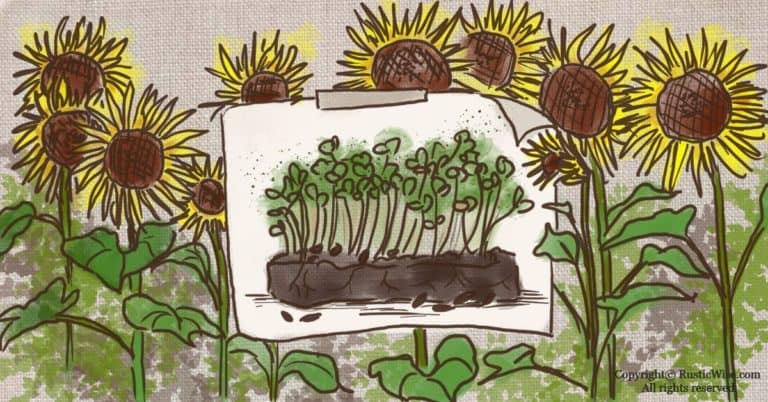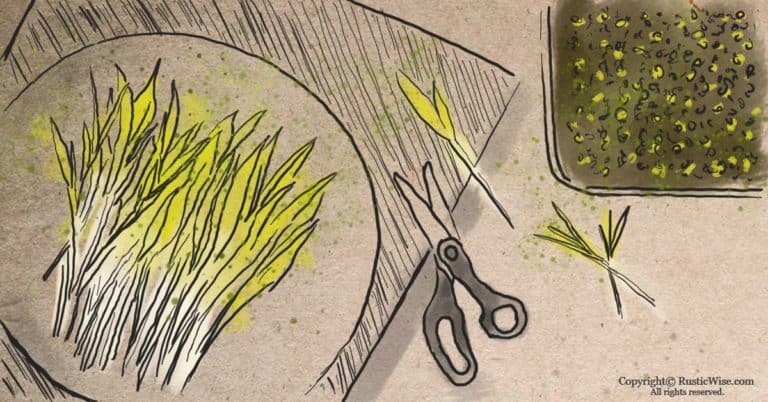Can You Compost Dairy Products?
Can you compost dairy products? Many people wonder if you can add milk, yogurt, sour cream, and cheese to a backyard compost. While technically dairy products will decompose under the right conditions, adding them to the average backyard compost will attract pests and create foul odors. The high fat content in most dairy products is what makes them difficult to break down. Dairy is also not recommended for worm bins either as the foods will become rancid.
Composting your food scraps at home is a great way to reduce waste, while producing nutrient-rich soil for your garden. But when you start adding dairy products like yogurt or cheese into the mix, things get complicated fast.
We’ll explain why dairy can be problematic for the average home composter, and how to safely add dairy in very small amounts (because we know that if you’re here reading this, you’ll probably want to try it out!).
Why dairy is problematic for home composting
Many compost guides, including one from the U.S. Environmental Protection Agency (EPA) will tell you not to add dairy products such as butter, milk, sour cream, and yogurt to your compost pile. This is because they’ll create bad odors (think rotting cheese and rancid milk), and attract backyard pests from flies, to rodents and raccoons.¹
This is definitely true, especially when done incorrectly, or added in large amounts.
However, the University of Georgia Extension says, “Fruits, vegetables, dairy products, grains, bread, unbleached paper napkins, coffee filters, eggshells, meats and newspaper can be composted. If it can be eaten or grown in a field or garden, it can be composted.”²
So we know that yes, dairy products will decompose over time, but they may create more problems for the average home composter.
What makes dairy hard to decompose? The answer: it all comes down to the fat content. Dairy products are high in fat which means that they can’t be easily broken down by microbes like most other organic materials can.
A 2004 study examined the breakdown of fats during thermophilic composting, or hot composting. They created lard mixtures of varying ratios and combined it with dog food. The results showed that the decomposition of organic material was impeded when the fat content was higher than 33.3 percent. This was especially true during the beginning stages of composting.³
So, foods with high fat content (which is most dairy products), decompose slowly.
While dairy products are slowly decomposing in your backyard, they’ll quickly create rancid odors and attract all sorts of pests.
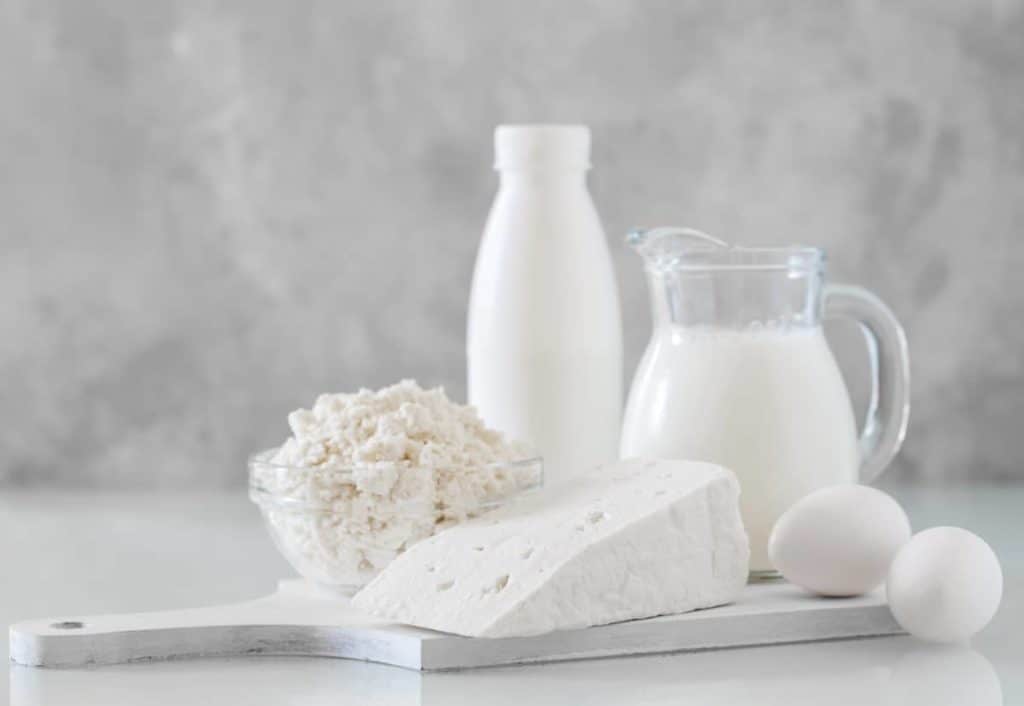
Tips for composting small amounts of dairy
So, even though we’ve warned you about the possible problems with composting dairy, there’s always a few people who would still like to try it anyway. If this is you, read on for a few tips.
Besides adding to your backyard compost, there are other ways to compost dairy products.
Bokashi composting
Unlike regular backyard composts, it’s completely safe to include meat scraps and dairy products in a bokashi bin. Bokashi is a method of composting which uses a closed bin (creating anaerobic conditions) along with inoculated bran or oat feed to kick-start a cycle of fermentation composting.
Municipal composting programs
Many local composting or recycling programs accept dairy products. Under larger industrial composting systems, dairy products break down easily.
Dairy products are a no-no for worm bins
If you have a vermicompost at home, unfortunately dairy products are not something you should feed to your red wigglers. As dairy decomposes, it’ll produce rancid odors, especially within an enclosed worm bin. This may attract pests to your bin.⁵
Tips for preventing dairy waste
As composting dairy can be tricky, it’s much easier to prevent food wastage in the first place by buying only the amount of food you can reasonably eat. Proper food storage also plays a role in the shelf life of dairy products.
Conclusion: can you compost dairy products?
While dairy products such as milk, cheese, yogurt, and sour cream are decomposable, they may create problems for the average backyard compost pile. They may create strong odors and attract pests and backyard rodents.
The high fat content of most dairy items will make them more difficult to break down than regular organic waste.
If you are looking to compost dairy products, it’s best to only try a small amount and mix it with a bulking agent such as sawdust or dry leaves to absorb the moisture and reduce the odor. Dairy also isn’t recommended for a vermicompost because the foods can become rancid over time.
Related questions
Can you compost cake?
No, please don’t throw leftover cake in the compost (the better question is, why didn’t you eat the cake?)! Cake is full of sugary ingredients that will only attract backyard pests. It may also contain fatty ingredients such as buttercream frosting which is difficult to break down due to its high fat content. Besides, cake is a nutritional-lightweight and won’t add much benefit to your compost pile.
Can you compost alcohol-soaked fruit?
Hmm…perhaps you have leftover fruit from homemade sangria? If there’s no added sugar in the alcohol-soaked fruit, it should be okay in a small quantity. The main question is whether alcohol is safe to add to a compost—yes, in a small quantity. Some people believe the yeast from wine and beer may give the compost a tasty treat. However, too much alcohol may harm your compost’s microorganisms. So as with drinking, add alcohol-soaked fruit in moderation. Make a small hole in the center of the pile and cover with dry materials such as leaves.
👉 If you like this post, see our complete Composting Collection.
Would you like more timeless tips via email?
Fun tips to help you live an independent, self-sustaining lifestyle. Opt-out at any time.


References
- United States Environmental Protection Agency (EPA), Composting At Home, https://www.epa.gov/recycle/composting-home. Accessed June 2021.
- University of Georgia Extension, Food Waste Composting: Institutional and Industrial Application, https://secure.caes.uga.edu/extension/publications/files/pdf/B%201189_4.PDF. Accessed June 2021.
- Nakasaki K, Nagasaki K, Ariga O. Degradation of fats during thermophilic composting of organic waste. Waste Manag Res. 2004 Aug;22(4):276-82. doi: 10.1177/0734242X04045430. PMID: 15462335.
- University of Florida, Institute of Food and Agricultural Sciences, Managing a Compost System, https://sfyl.ifas.ufl.edu/sarasota/natural-resources/waste-reduction/composting/what-is-composting/manage-a-compost-system/. Accessed June 2021.
- Uncle Jim’s Worm Farm, Composting Worm Feeding Guide: Best and Worst Foods, https://unclejimswormfarm.com/worm-feeding-best-foods-composting-worms/. Accessed June 2021.
- U.S. Food & Drug Administration (FDA), Are You Storing Food Safely?, https://www.fda.gov/consumers/consumer-updates/are-you-storing-food-safely. Accessed June 2021.

Author: Josh Tesolin
Josh is co-founder of RusticWise. When he’s not tinkering in the garden, or fixing something around the house, you can find him working on a vast array of random side projects.

